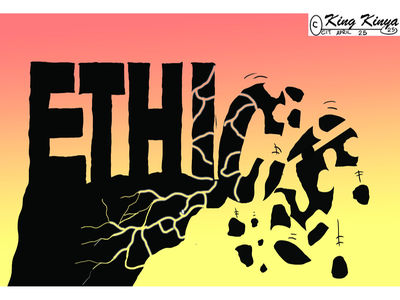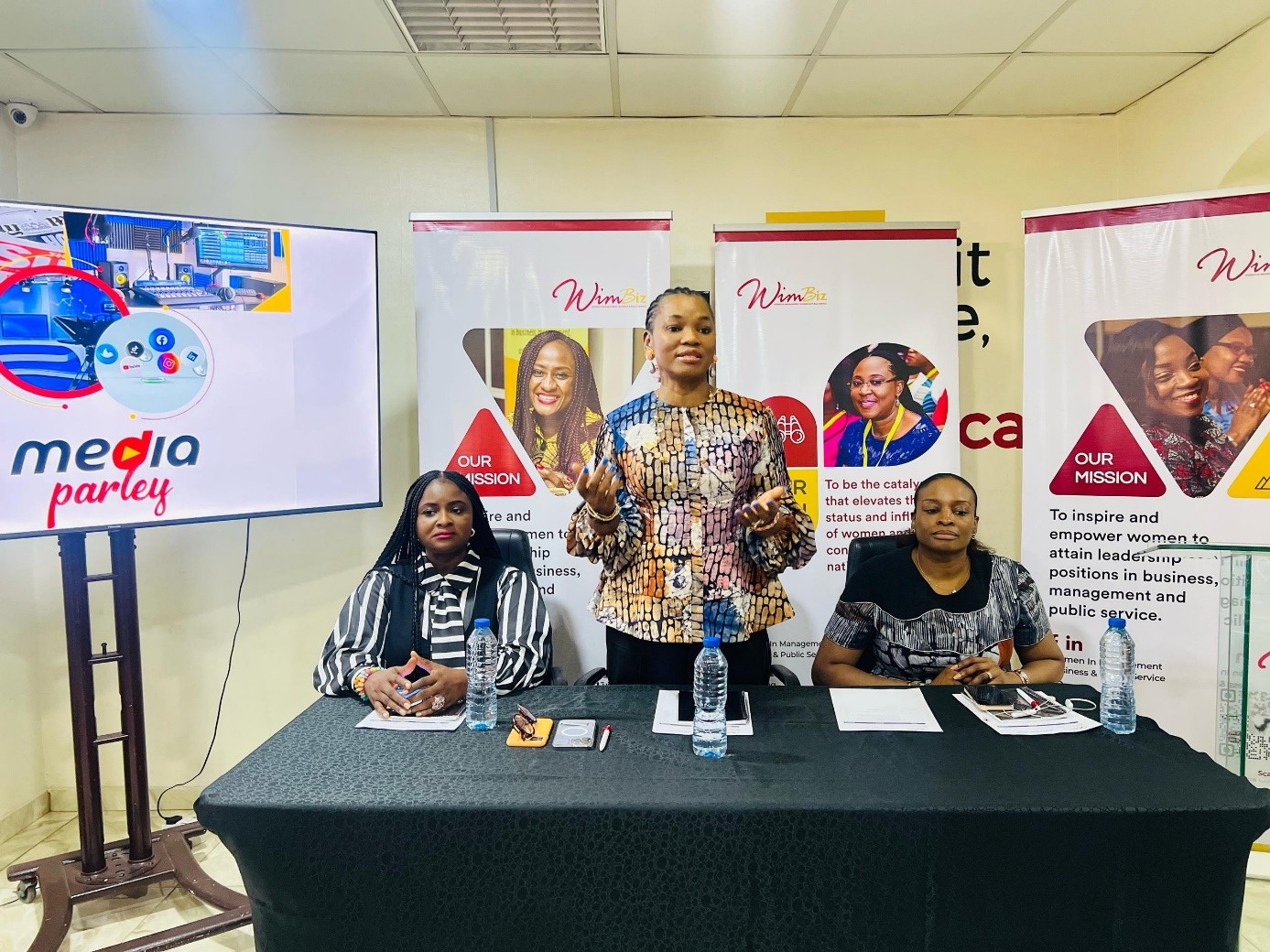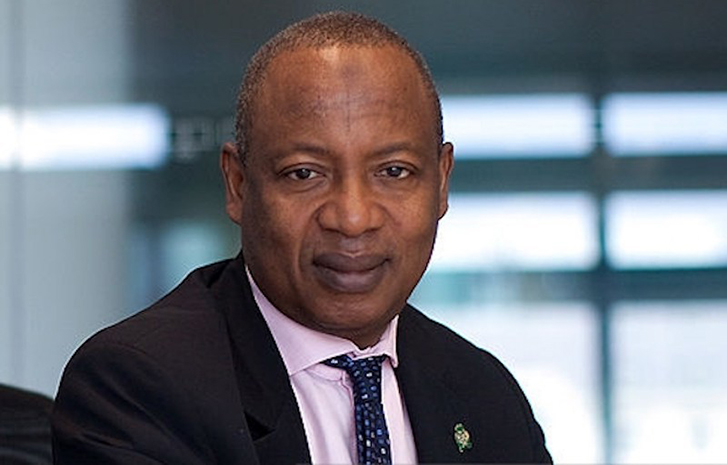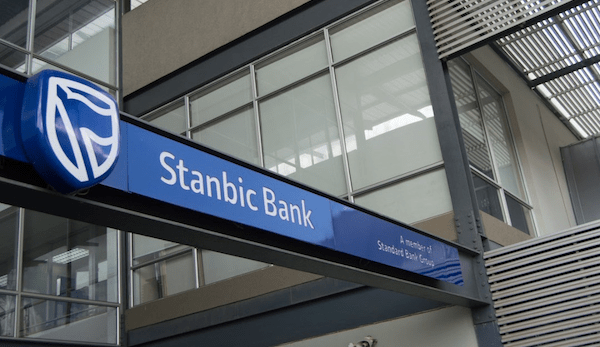…As energy sector faces US$2bn gap
The World Bank, has committed to supporting Ghana in addressing its youth unemployment challenge by backing a new Growth and Jobs Strategy, aimed at creating opportunities for over 500,000 young people entering the job market annually.
The announcement, followed a high-level meeting at the World Bank headquarters between the Bank’s Managing Director of Operations, Anna Bjerde, and Ghana’s Minister for Finance, Dr Cassiel Ato Forson.
The two leaders, discussed plans to collaborate on the design and implementation of the strategy, which focuses on job creation, skills development, and inclusive economic growth.
“This initiative reflects our shared priority of unlocking opportunities for young people,” said Bjerde.
“We are proud to work with Ghana on a strategy that will create jobs and build a stronger, more resilient economy.”
Dr Forson, welcomed the support, emphasising the importance of bold, targeted interventions to address the growing number of job seekers.
“This partnership is a major step forward in our efforts to provide decent and sustainable jobs for our youth,” he said.
Earlier, Finance Minister Dr Cassiel Ato Forson, described the energy sector as the country’s most significant economic threat.
During a deep-dive session on the Ghana Energy Compact under Mission 300 at the World Bank, he warned that the sector is grappling with an annual financial shortfall of approximately US$2 billion.
Dr Forson, stressed that the magnitude of the shortfall surpasses Ghana’s domestic capital expenditure and must be treated with urgency.
He said the crisis cannot be resolved through tariff adjustments alone, pointing to the need for comprehensive reforms across the entire energy value chain.
“The problem is not just tariffs. The inefficiencies, especially in the distribution sector, are being passed on to the ordinary Ghanaian, making electricity costs unnecessarily high,” the Minister stated.
He added that the Electricity Company of Ghana (ECG) could reduce the shortfall by half, if it addresses these inefficiencies.
To tackle the challenges, he disclosed that Ghana’s Cabinet has approved private sector participation as part of the government’s strategy to revive the sector.
A Legislative Instrument (LI) has also been submitted to Parliament to allow for the competitive procurement of power generation services.
Dr Forson, described the Ghana Energy Compact, as a timely intervention and called for its rapid implementation.
“The Compact has come at the right time. It will, in the long run, assist Ghana, and we are praying the process is not delayed,” he said.
He strongly appealed to all stakeholders for urgency: “Time is of the essence. We must act quickly if we are to prevent further damage to our economy and improve the lives of Ghanaians.”
The post World Bank backs govt’s 500,000 youth jobs annually appeared first on The Herald ghana.







